Quakerism: a faith known for its emphasis on peace, quiet, and unity.
Punk: a subculture and belief system defined by radical justice, aggressive discourse, and a style of music designed to get the listener pumped up and ready to enact some vigilante justice.
They’re, on the surface level, completely at odds with one another. At any rate, comparing them probably seems non-sequential at best. Putting the two communities side by side, though, one can begin to see that they’re closer than meets the eye.
Think about the belief systems of the two groups, beyond the surface-level understanding they each seem to display. At the bottom of everything, both of them have their beliefs rooted in equity, individuality, and often refusing to take “no” for an answer, even if they approach the ideas differently—through nonviolent action or disruptive protest respectively.
At the core, they both aim to make institutional changes, but in different ways.
I spoke to AFS’s own Scott Sowers—’90s pop punk fan and current Abington Friends School science teacher—about his own experiences in the scene, and he had his own thoughts about how punk fans (deliberately or not) seem to exercise some of the Quaker SPICES (simplicity, peace, integrity, equity, stewardship). He recognized a sense of some of these values in that moment.
Sowers said, “You would, on the surface, see people in, for example, the mosh pit, running around and bouncing off of each other and all of that… However, there were times where if I got knocked down, then the mob of people would actually start to form around whoever took a spill and help us up. It was kind of like a sense of community. Even though it was kind of semi-chaotic, it was a sense that people cared about one another and didn’t want others to get hurt, even if it was kind of violent.”
Sowers shared the sentiment that certainly not all of the SPICES can be observed in punk subculture to the same degree, but also observed in his experience at punk rock concerts a sense of community, equity, and stewardship: half of the pillars.
Sowers also noted that some Quakers have had methods that echo, what one can see more recently, among punks, saying Quaker abolitionist Benjamin Lay “was way ahead of his time. He was definitely anti-slavery, definitely anti-reducing-humans-to-subhuman-groups or less than others… That’s certainly an aspect that most of the punk rock (that I listened to, anyway) [was] showing.”
Lay displayed a philosophy very similar to that which you would find in discourse among punk communities, having a famously “flamboyant” approach to campaigning against slavery, with acts like ending a speech on slavery “by plunging a sword into a Bible containing a bladder of blood-red pokeberry juice, which spattered over those nearby” while dressed as a soldier.
Another line to be drawn is how Quakers and punk fans both tend to respond to people attempting to enter their communities with beliefs at odds with those held at their cores. Benjamin Lay, for example, made his anti-slavery speeches at Quaker meetings because he was disgusted with how many Quakers he observed owning slaves themselves, something he saw as deeply against Quaker beliefs.
Sowers cited “The Separation of Church and Skate” by NOFX as a similar perspective on the other end of the spectrum. The song features lines like “When did punk rock become so safe? / When did punk rock become a joke?” as a way to speak to how aggressively the community is willing to fight back against those who try to assert themselves without following the movement’s core beliefs.
At the end of our conversation, Sowers said something that I thought summarized the similarities between the two cultures quite effectively.
“I think that the values that are just kind of the low-hanging fruit of Quakerism—anti-war, peace for the sake of respect for others, is definitely something that I strongly identified with punks. It’s strange, though: [people] who don’t listen to a lot of punk-rock will think that it’s just angry screaming… but in reality there is angst, but it’s usually directed about the things we all can agree [on] as Quakers.”
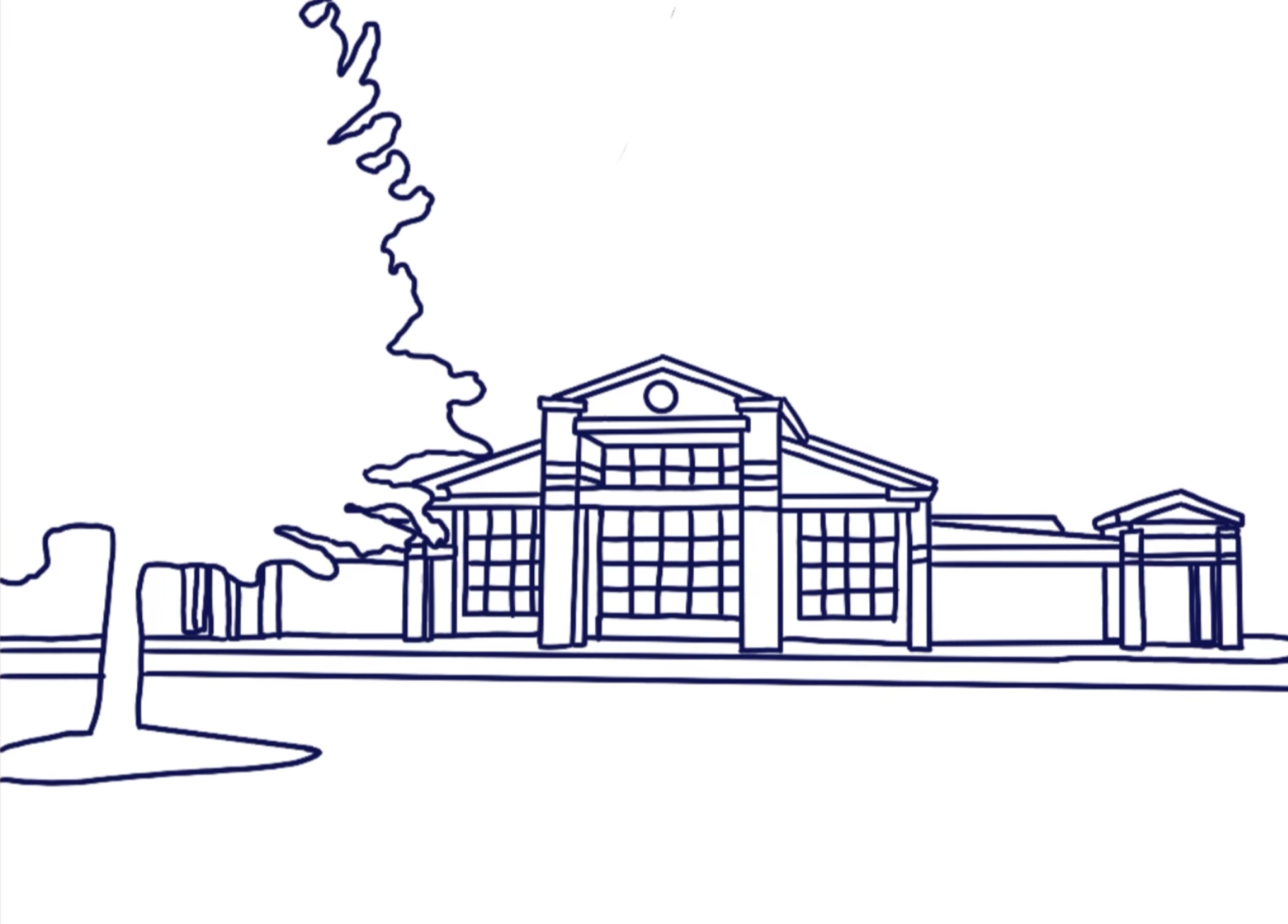

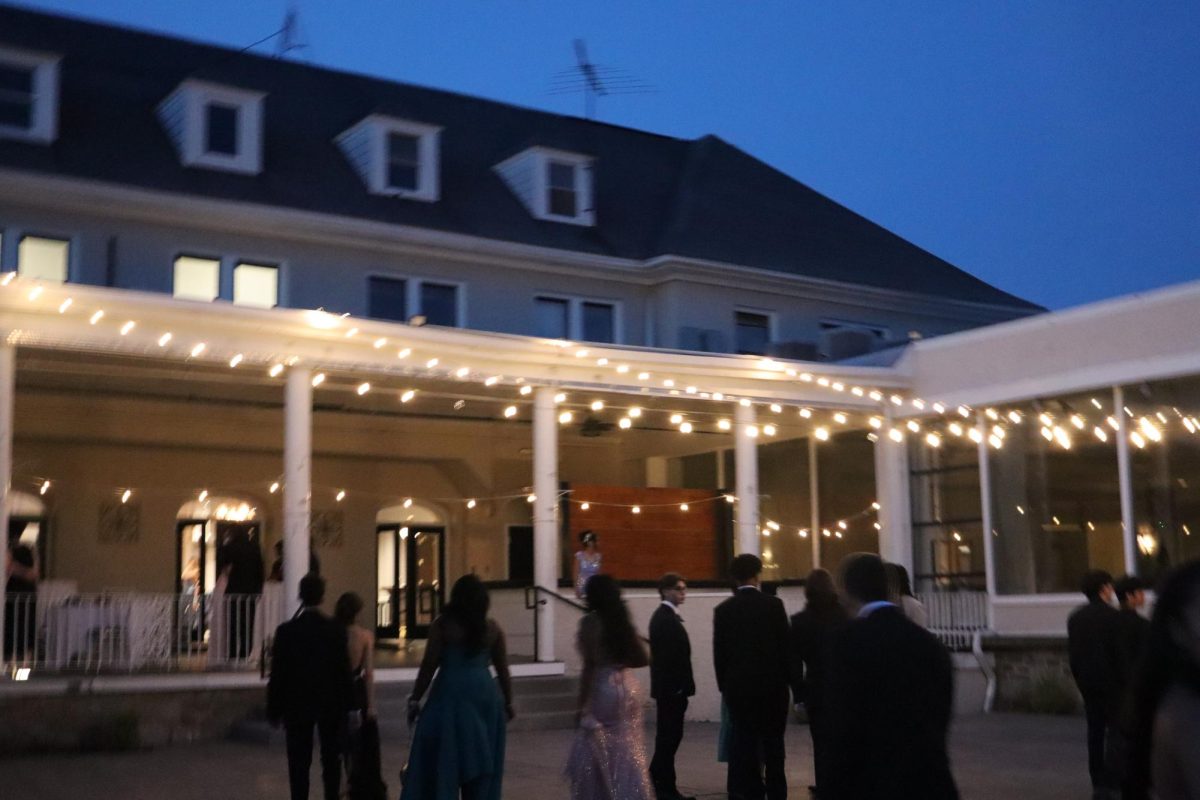
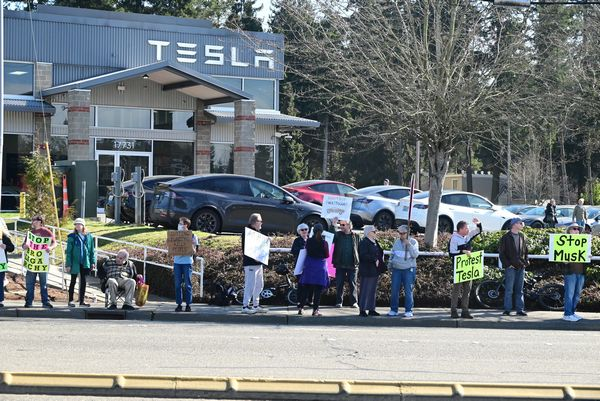
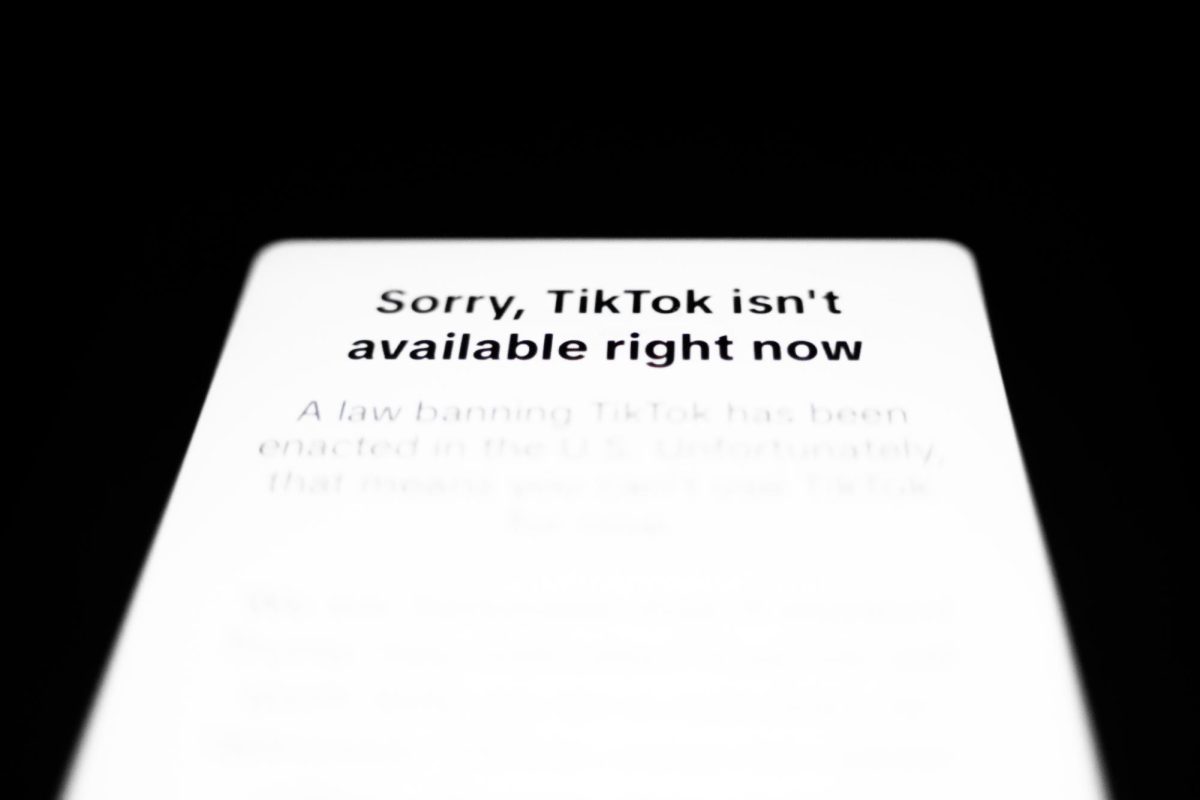
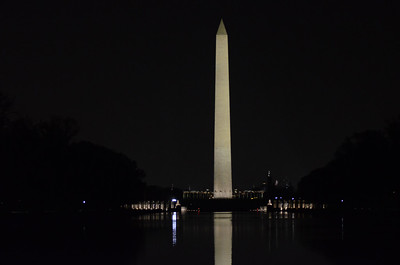
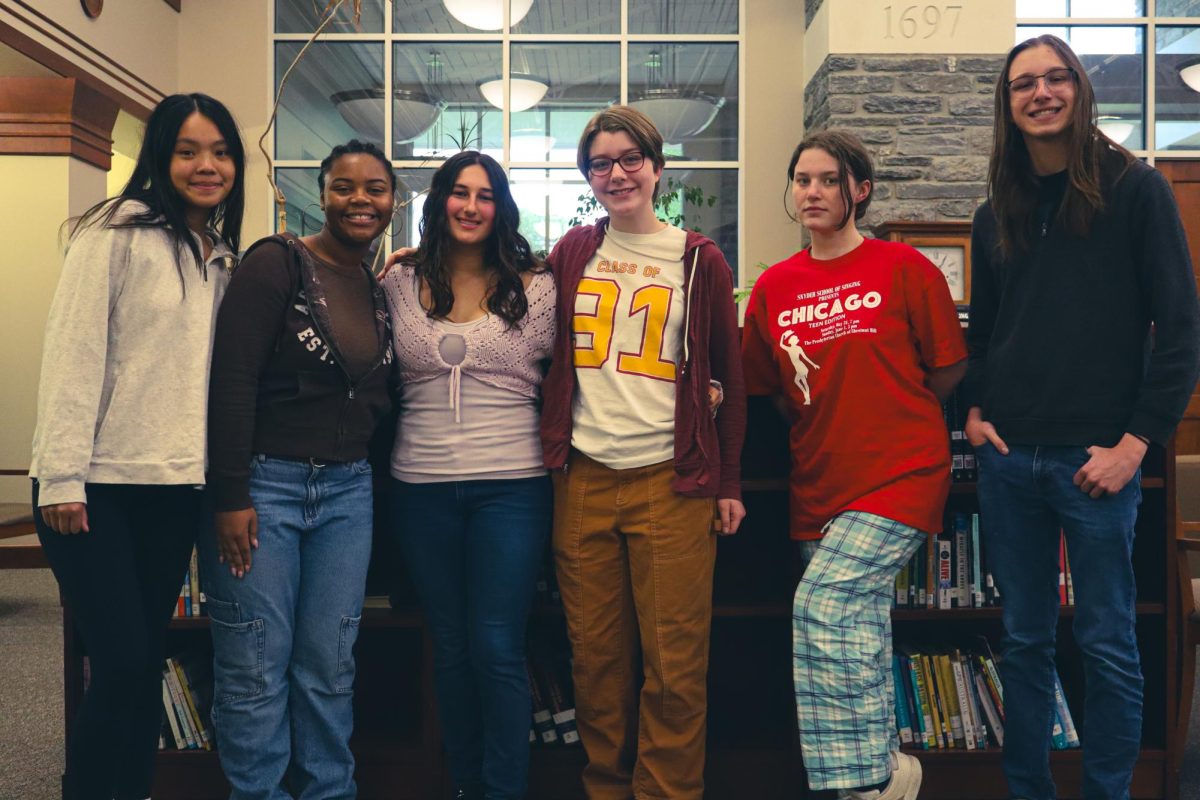
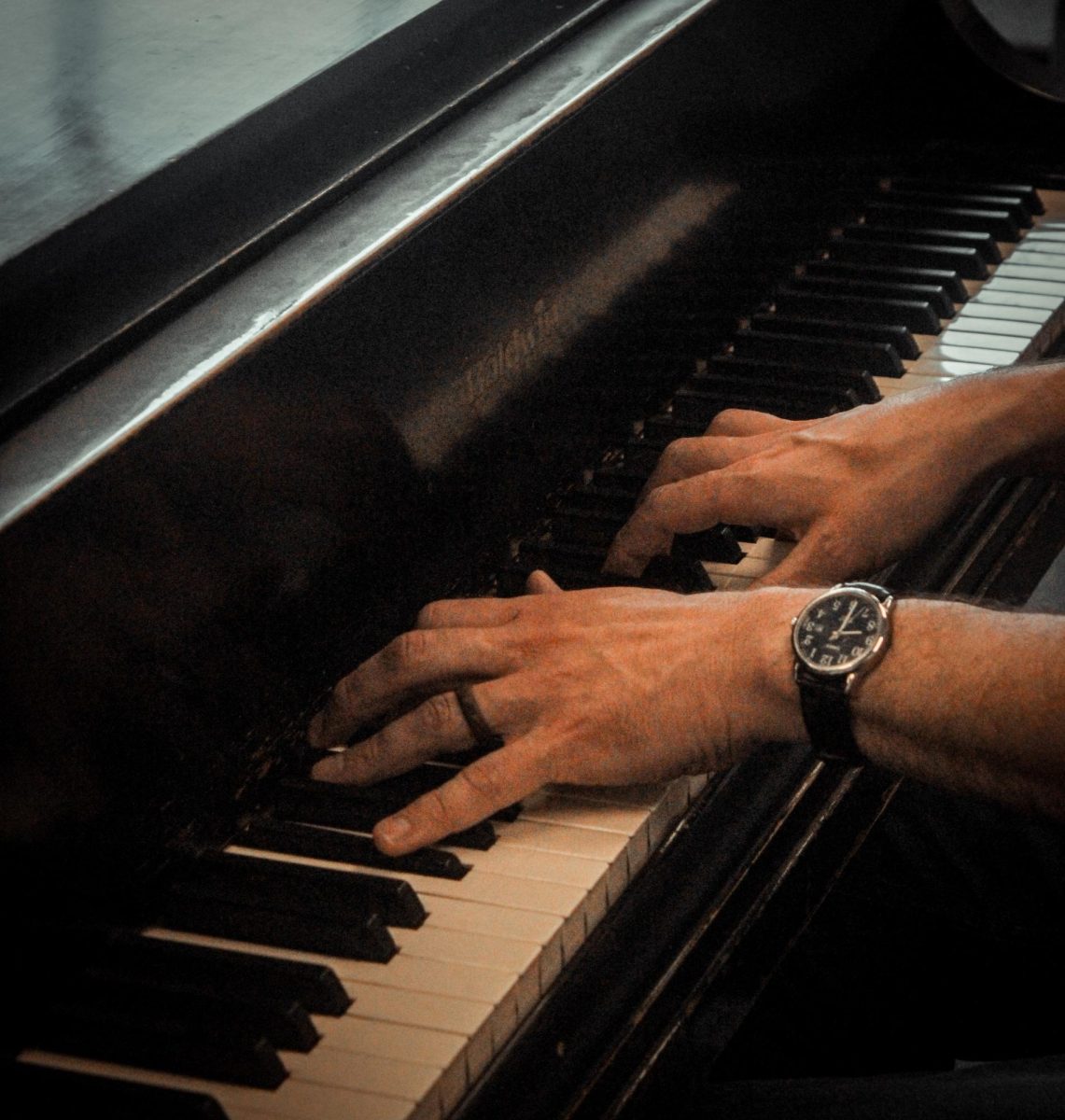

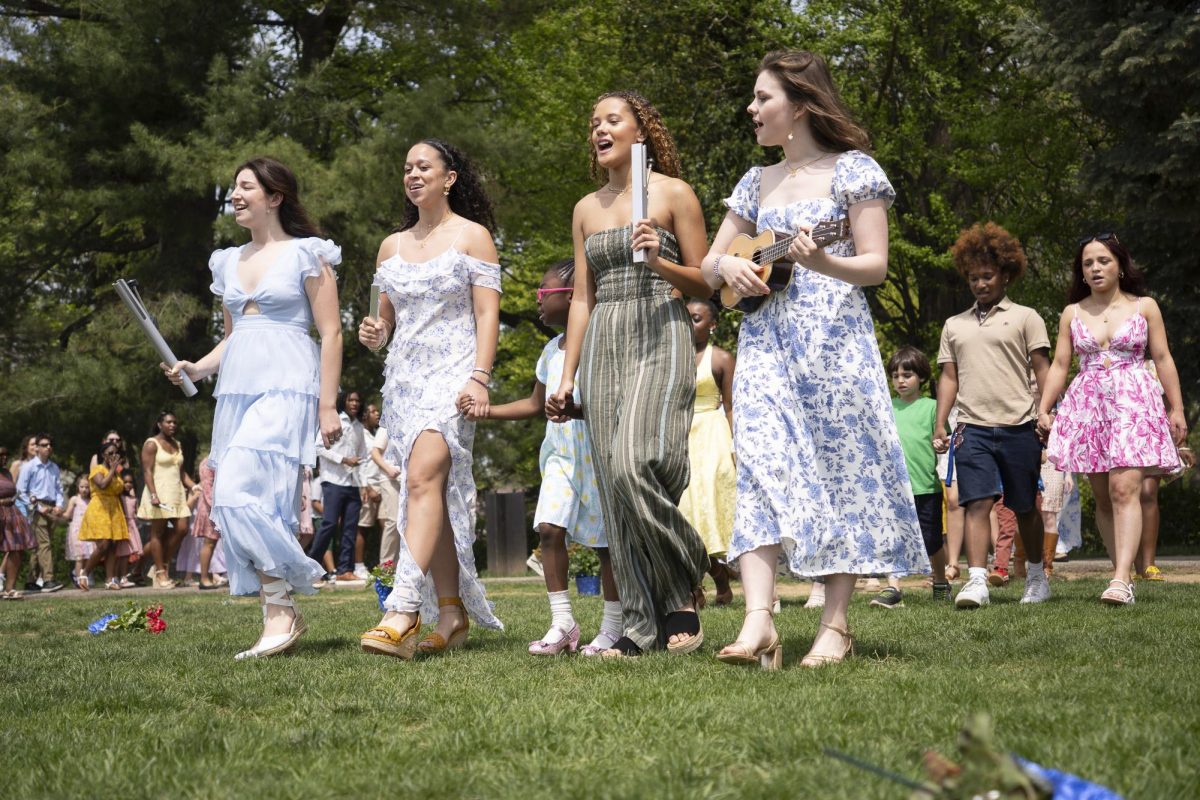
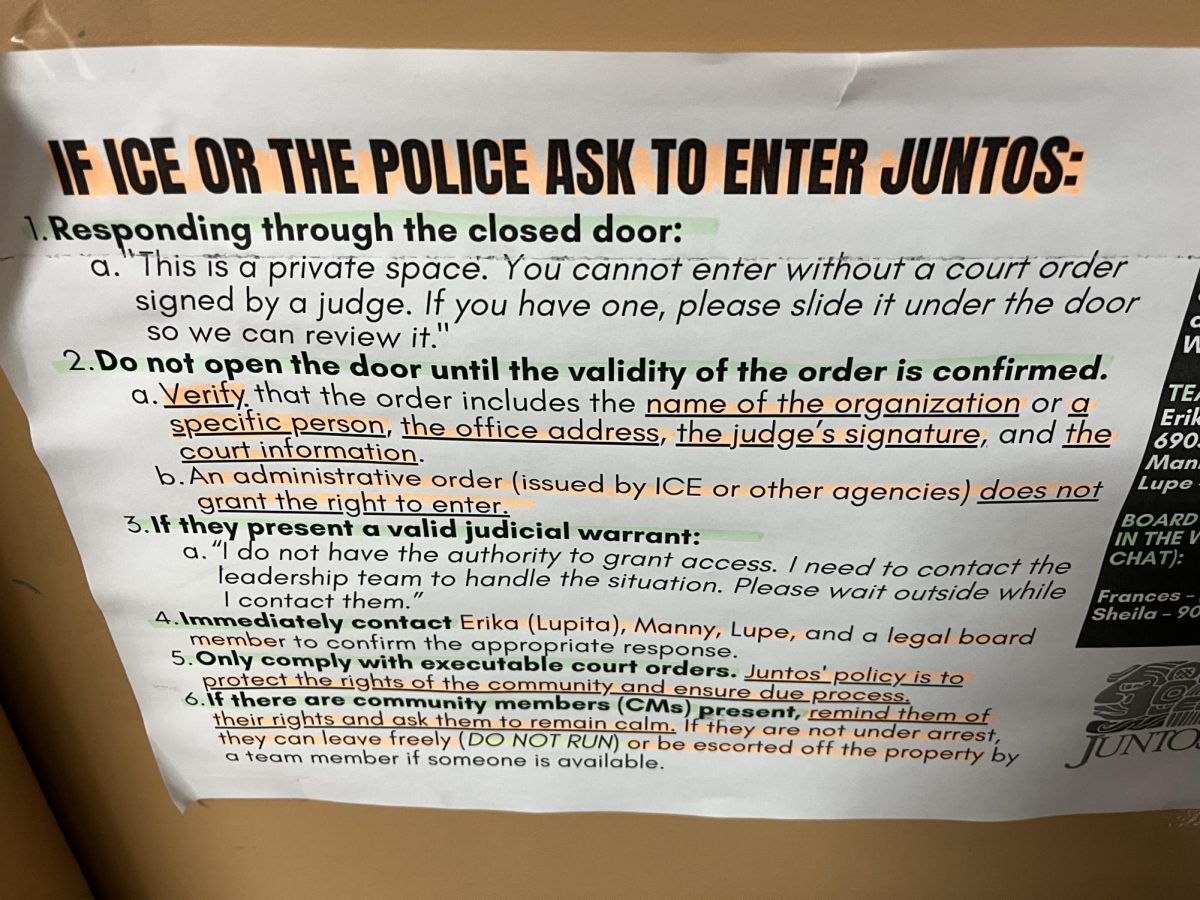
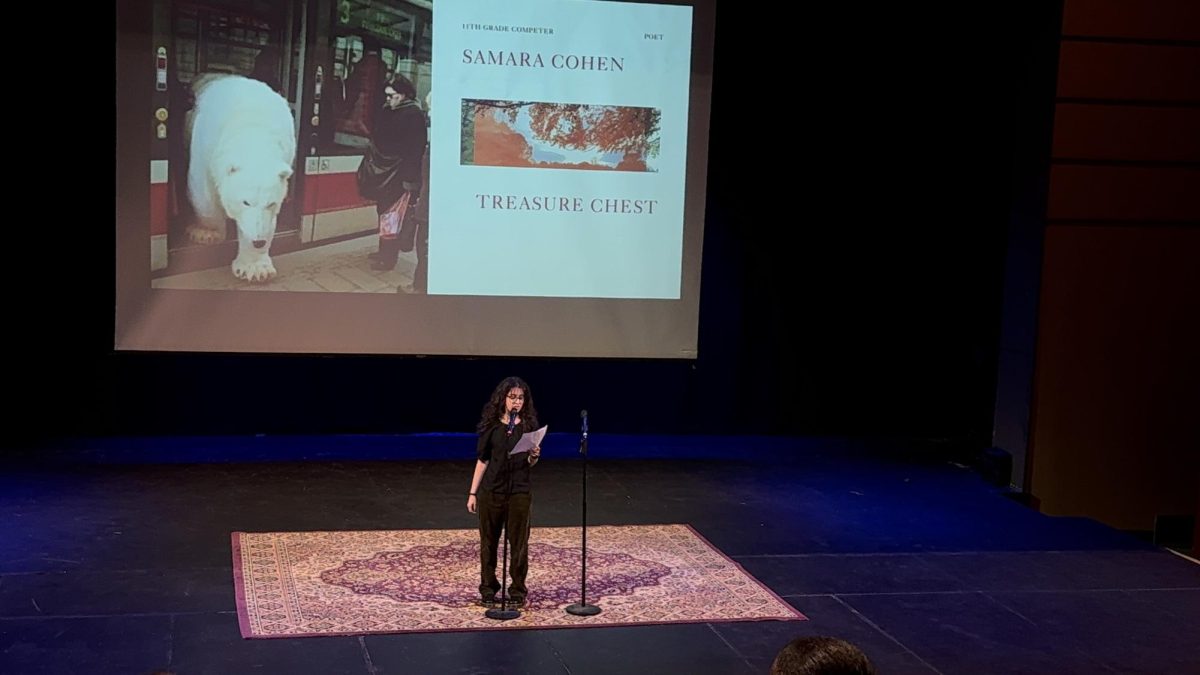
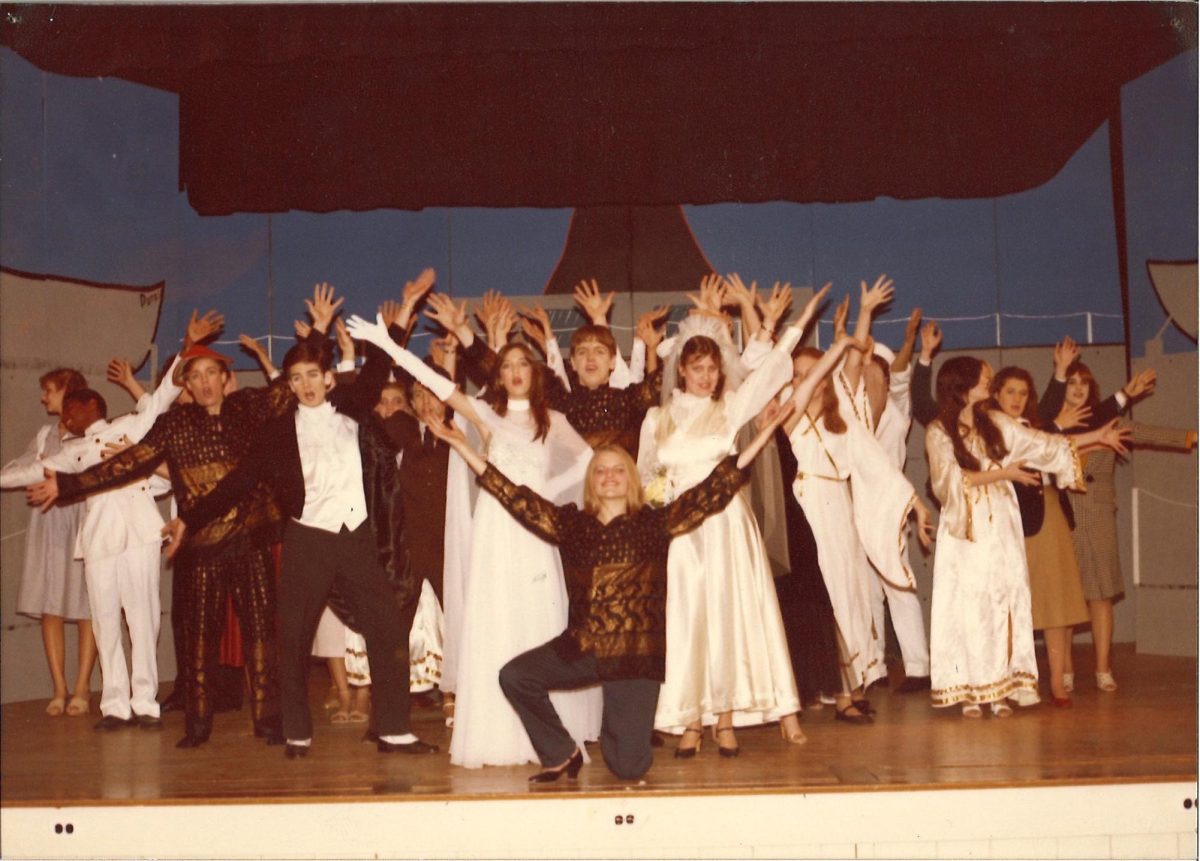



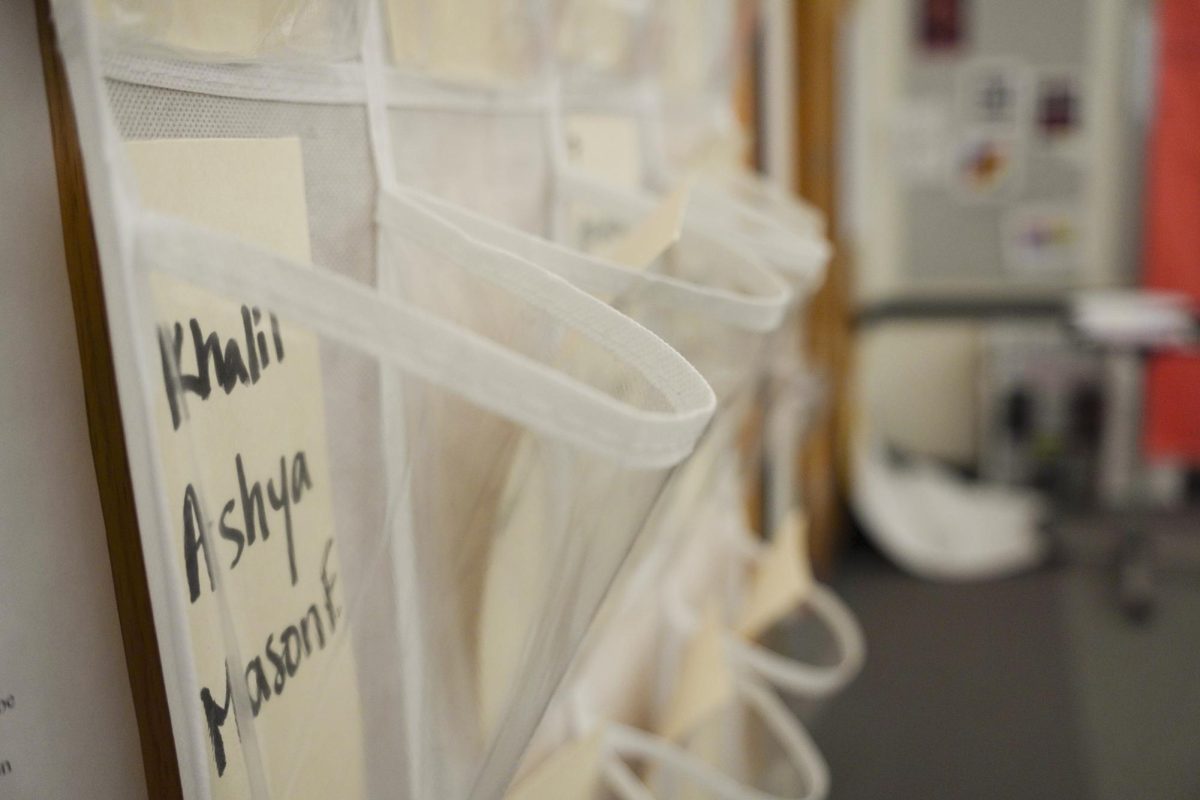



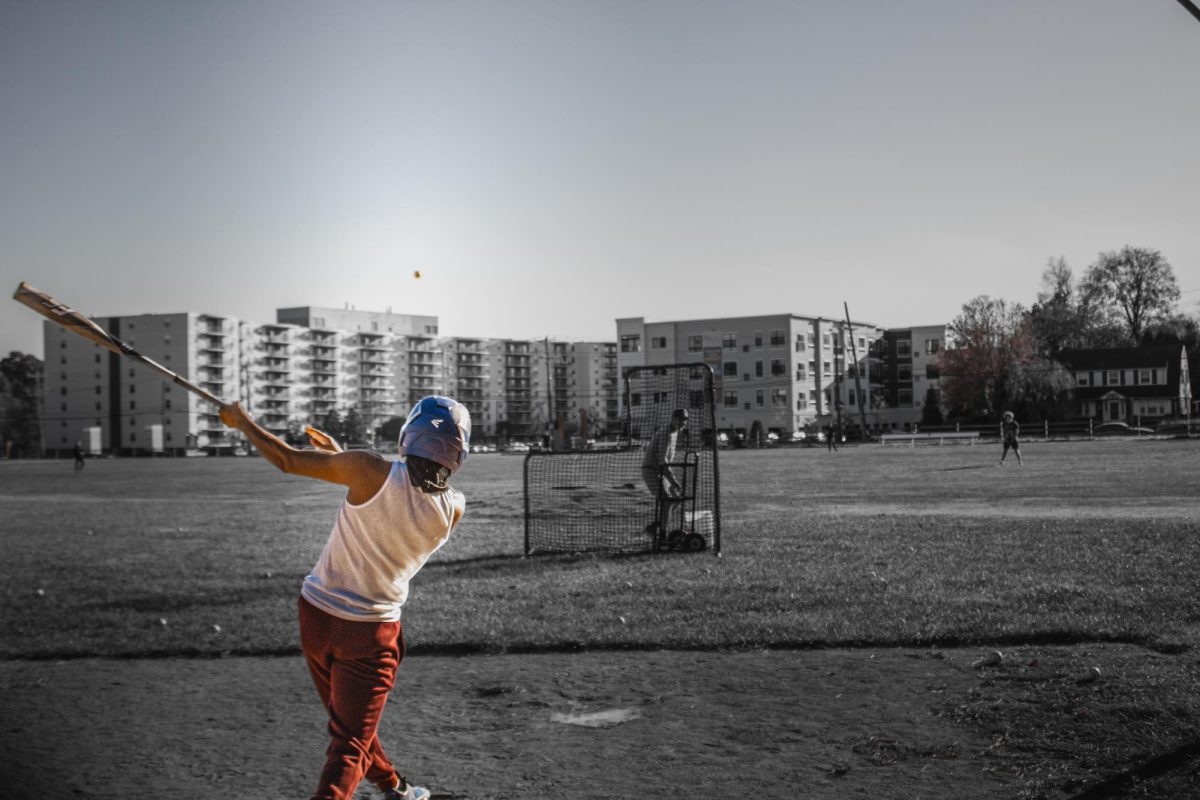


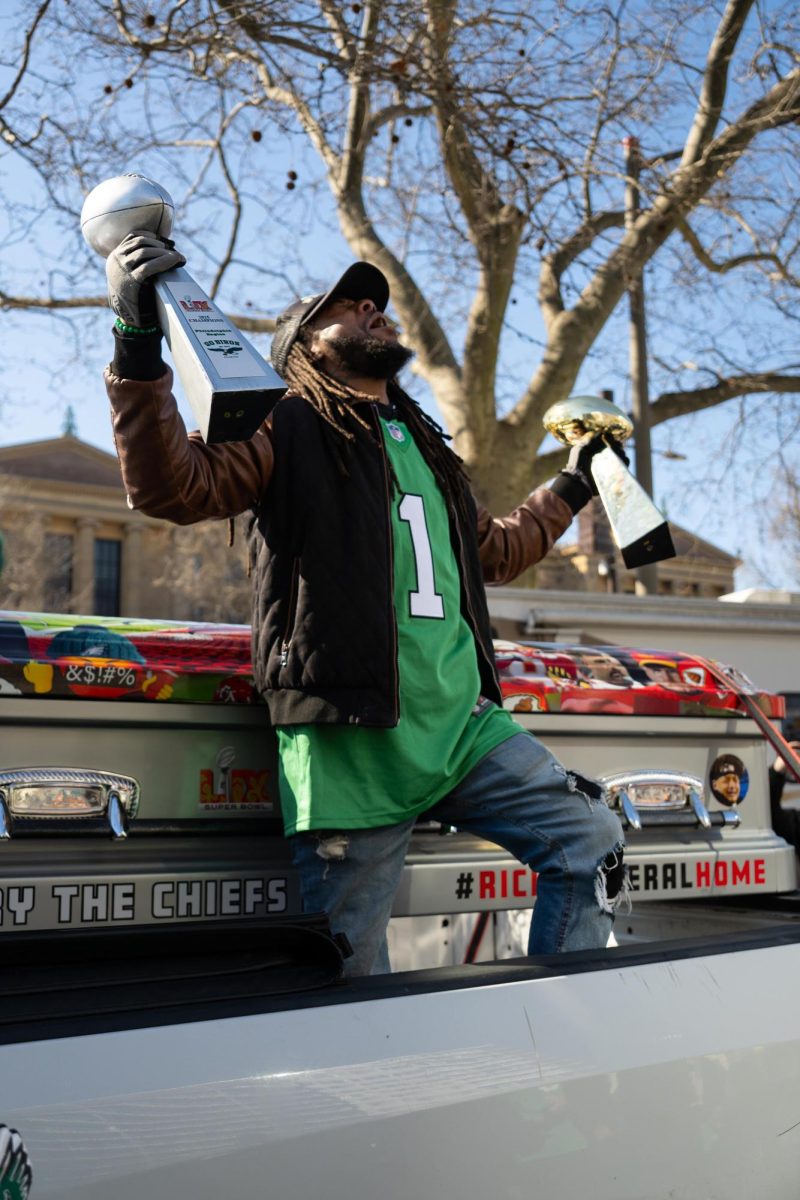
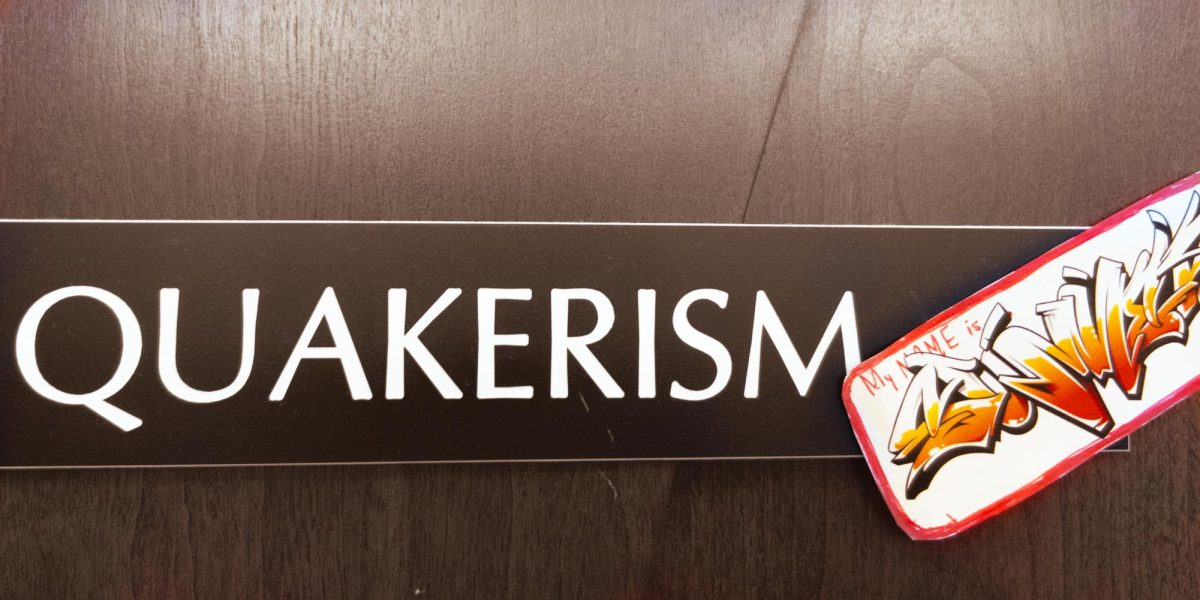


Justin Solonynka • Apr 15, 2025 at 8:42 am
Loved reading this article and finding out that my colleague Scott is a fellow fan of ’90s pop punk. Regarding the connections between Quakerism and punk culture, I could make the argument that early Quakers were the punks of their time. And Benjamin Lay is a great example of that. Benjamin Lay was actually written out of Abington Meeting – he was thrown out of membership! – because he was such a troublemaker.
Dean sadowski • Jan 28, 2025 at 9:04 am
I am not very in tune with punk culture but after reading this article its hard to disagree. I find similar understandings in mixed martial arts which is very much more violent then punk culture and can be a disgusting thing when the wrong people come in but at its core its about respect. Through violence they try and see who is the best but they still hold respect to each other but this doesn’t apply to everyone in that community and similar to punk culture those people who did truly indulge in not having respect for others are Outcast in a way. I think that Quakerism beliefs are within a lot of other ideologies but they go about it in their own way.